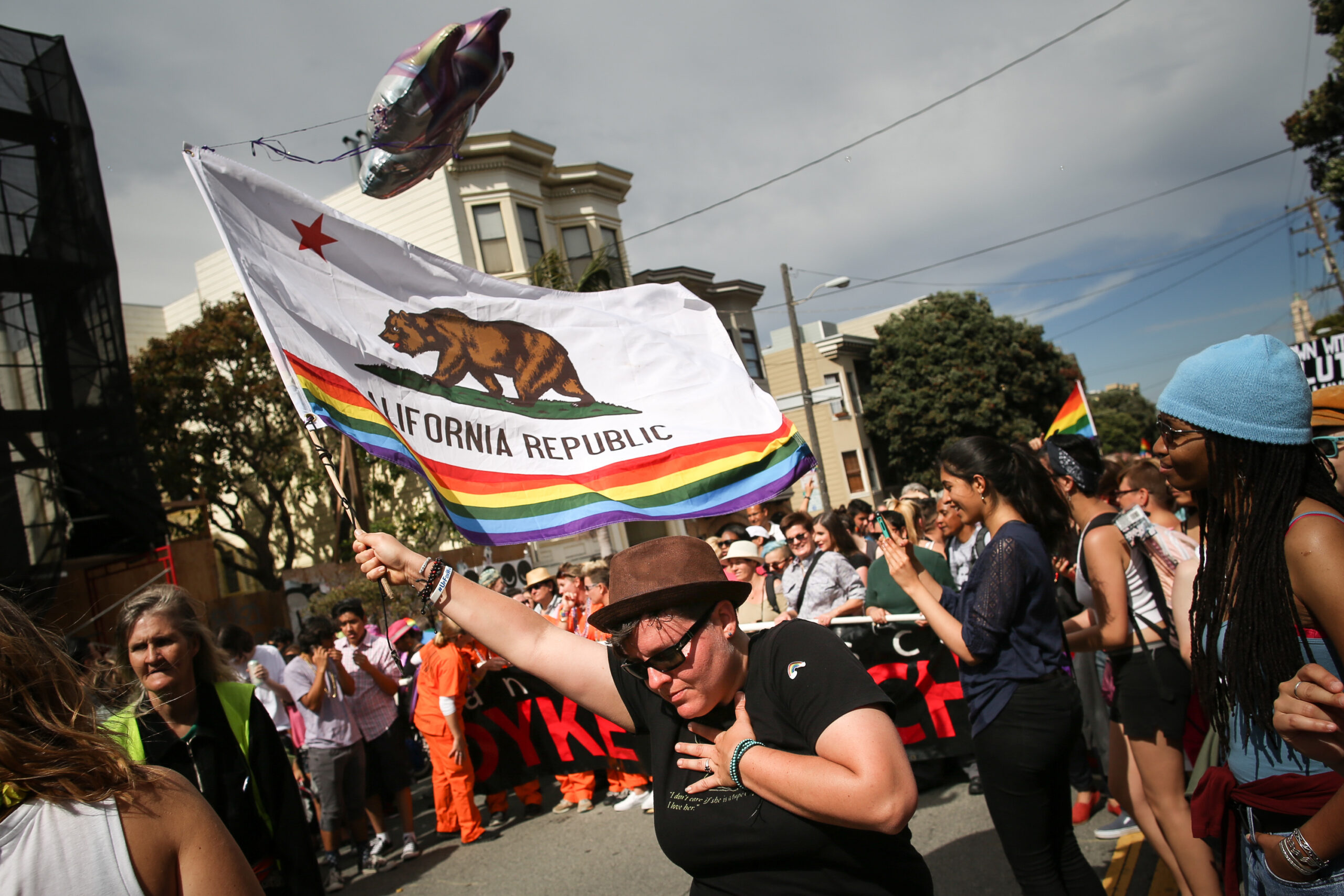Fifteen years after voters approved Proposition 8, making California the first and only state to allow and then prohibit marriage equality, Sacramento may move to codify same-sex marriage in state law.
Attitudes changed shortly after the 2008 passage of Prop. 8, and within a few years, Californians supported marriage equality by a two-to-one margin. The Ninth Circuit Court of Appeals overturned the measure in 2012, and in 2015, the Supreme Court’s decision in Obergefell v. Hodges implemented marriage equality nationwide.
However, Prop. 8 is still technically on the books, and after the Supreme Court overturned Roe v. Wade last June, many LGBTQ+ advocates fear the court’s conservative majority may set its sights on Obergefell next. Nationwide, a reaction against LGBTQ+ rights has gained renewed fervor as Republican governors in red states move to ban books, outlaw drag shows and restrict trans health care.
A proposal by San Francisco state Sen. Scott Wiener and South Bay Assemblymember Evan Low would effectively undo Prop. 8. Two-thirds of the state Legislature would need to approve the bill, which would then go before California’s voters. Democrats currently hold supermajorities in both chambers, making that phase of the bill’s passage likely.
Today we’re introducing a constitutional amendment to repeal Prop 8 & protect marriage equality in CA’s Constitution.
— Senator Scott Wiener (@Scott_Wiener) February 14, 2023
We’ll put it on Nov 24 ballot.
Prop 8 was a hateful attack on LGBTQ people & remains a scar on our Constitution. Given the Supreme Court’s direction, it’s time.
“It’s absolute poison, it is so destructive and it’s humiliating that this is in our constitution,” Wiener told the Associated Press, referring to Prop. 8’s continued existence.
Wiener’s bill echoes last year’s reproductive-rights legislation, which expanded protections for abortion in light of the Supreme Court’s ruling. California would then follow Nevada, which became the first state to codify same-sex marriage in 2020.
The national same-sex marriage movement began in earnest in February 2004, when San Francisco’s then-Mayor Gavin Newsom authorized same-sex couples to apply for marriage licenses at City Hall. The “Winter of Love” saw more than 8,000 people wed before the California Supreme Court intervened and voided the marriages.
Late last year, Congress passed the Respect for Marriage Act, which enshrines the recognition of same-sex marriage at the national level. That law would no longer apply if Obergefell is overturned, however.
